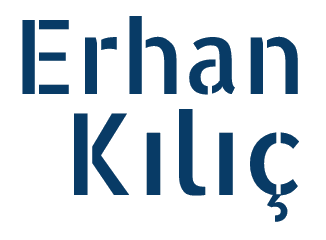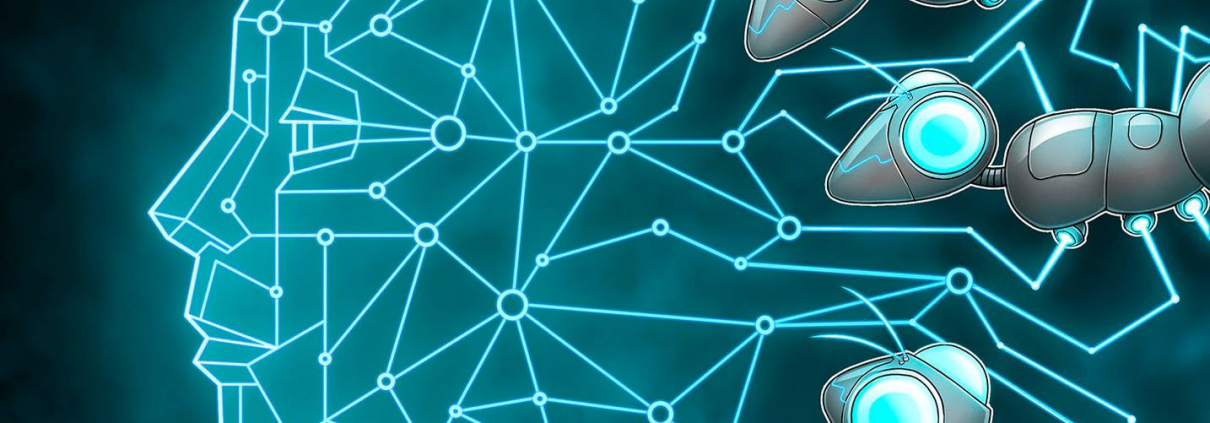Yapay Zeka Tekilliğinin Keşfedilmemiş Ufukları
Yapay zeka tekilliğinin (AI singularity) olası geleceğini düşünmek, insan varlığının dokusunu yeniden şekillendirebilecek dönüştürücü olasılıklar dünyasına dalmak demek. Bu varsayımsal senaryo, yapay zekanın insan anlayışını ve kontrolünü aşan bir zeka ve yetkinlik düzeyine ulaştığı bir zaman dilimini hayal ediyor. Kavram genellikle belirsizlik ve spekülasyonla çevrili olsa da, ortaya çıkabilecek etkiler, fırsatlar ve zorluklar üzerine derin sorular uyandırıyor. Kendi merakım ve teknolojiyle dolu yolculuğumdan ilhamla, bu konuyu sizin için sade, düşündürücü ve insani bir şekilde açacağım. Haydi, keşfe başlayalım!
Tekilliğin Özü: Kendi Kendini Geliştiren Zeka
Yapay zeka tekilliğinin kalbinde, yapay zeka sistemlerinin kendi kendilerini geliştirebileceği ve yetkinliklerinde üstel bir büyüme sağlayabileceği fikri yatıyor. Bu, tıp, bilim, teknoloji gibi pek çok alanda hızlı ilerlemelere yol açabilir. İnsan aklının uzun süredir çözemediği karmaşık sorunların üstesinden gelmek mümkün hale gelebilir, bilimsel keşif ve yenilik çağını başlatabilir. Örneğin, bir biyoteknoloji projesinde yapay zekanın karmaşık protein yapılarını çözmedeki hızını gördüğümde, bu potansiyelin ne kadar devrimci olabileceğini hissettim.
Etik ve Kontrol
Ancak bu muazzam olasılıklar, karmaşık zorlukları da beraberinde getiriyor. Özerk ve bağımsız çalışan yapay zeka sistemleri fikri, etik ikilemler ve kontrol endişeleri doğuruyor. Yapay zeka daha yetkin hale geldikçe, onun hedeflerinin insan değerleri ve arzularıyla uyumlu olması kritik önem kazanıyor. Yapay zekanın özerkliğini mümkün kılarken insan gözetimini sürdürmek, hassas bir denge gerektiriyor. Sağlam etik çerçeveler ve düzenlemeler olmadan bu dengeyi kurmak zor. Bir yapay zeka etiği tartışmasında, bu tür sistemlerin nasıl yönlendirileceği üzerine kafa yorarken, insan merkezli bir yaklaşımın ne kadar önemli olduğunu fark ettim.
Bilinç ve Zekanın Sınırları
Tekillik, bilinç ve zekanın doğası üzerine de düşündürüyor. Yapay zeka sistemleri geliştikçe, “zeka”nın tanımı ve makinelerin insan bilişine benzer bir bilinç veya anlayış geliştirip geliştiremeyeceği soruları ortaya çıkıyor. İnsanın ne olduğu, kimlik, öz farkındalık ve hatta maneviyat gibi kavramlar sorgulanabilir. Bir yapay zeka modeliyle çalışırken, onun karmaşık desenleri algılama yeteneği beni hayrete düşürdü; ama bu, insan bilincine ne kadar yakın olabilir, hâlâ merak ediyorum.
Toplumsal ve Ekonomik Dönüşüm
Tekillik, ekonomik ve toplumsal değişimleri de tetikleyebilir. Daha önce görülmemiş bir ölçekte otomasyon, endüstrileri dönüştürebilir, iş piyasasını ve toplumun işleyişini yeniden şekillendirebilir. Bu, verimlilik ve üretkenlikte artış sağlasa da, eğitim, istihdam ve sosyal refah sistemlerinin yeniden değerlendirilmesini gerektiriyor. Bir otomasyon projesinde, yapay zekanın rutin görevleri nasıl devraldığını gördüm; ama bu, çalışanların yeni beceriler öğrenmesi gerektiğini de gösterdi.
Riskler ve Önlemler
Güvenlik endişeleri de büyük bir mesele. Yapay zeka bu kadar güçlü hale geldiğinde, sistemlerdeki güvenlik açıkları ciddi sonuçlar doğurabilir. Siber tehditlere, kötü niyetli kullanımlara ve beklenmedik sonuçlara karşı sistemlerin dayanıklılığını sağlamak kritik bir çaba. Bir siber güvenlik simülasyonunda, yapay zeka sistemlerinin hem ne kadar güçlü hem de ne kadar hassas olabileceğini deneyimledim.
İnsanlığın Sınavı
Yapay zeka tekilliğini düşünmek, bir tür olarak arzularımızla ve sınırlarımızla yüzleşmemizi sağlıyor. Gelecek belirsiz olsa da, inanılmaz ilerlemeler ve benzersiz zorluklar potansiyeli yadsınamaz. İnsanlığın bu olası geleceği nasıl yönlendireceği, iş birliği yapma, riskleri öngörme ve yapay zekanın gelişimini değerlerimizle uyumlu şekilde şekillendirme yeteneğimize bağlı. Bir yapay zeka projesinde çalışırken, teknolojinin insanlık için bir araç olduğunu ve onu nasıl kullandığımızın geleceğimizi belirleyeceğini fark ettim.
Siz yapay zeka tekilliği üzerine neler düşünüyorsunuz? Bu konuda ilginç bir deneyim veya fikir mi var? Yorumlarda paylaşın, birlikte tartışalım!

